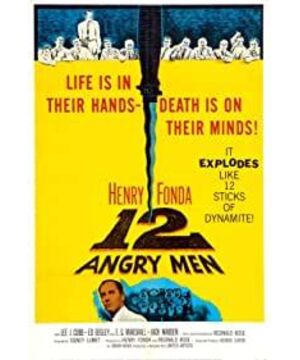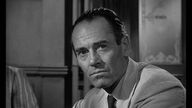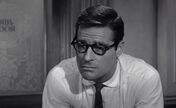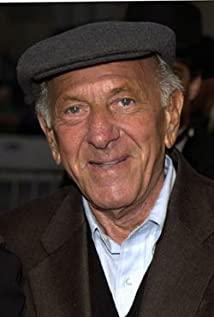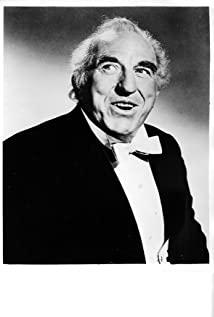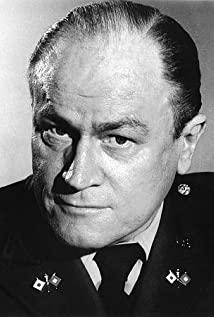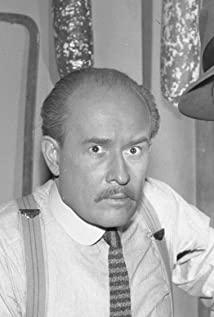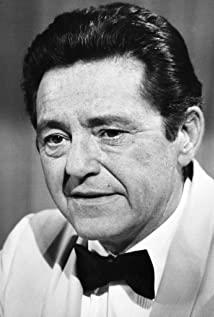In the training assessment and change management class this week of February 27, I watched the black and white film "12 Angry Men", formerly known as 12 Angry Men. The main plot of the film takes place in a small conference room. Middle-aged and elderly men from all walks of life discuss and decide whether an 18-year-old suspect of murdering his father should be convicted and sentenced to death. The 12 jurors have different social backgrounds and ways of doing things. The result of the discussion has changed from a 1:11 "guilty" advantage in rounds of reasoning arguments to a final unanimous vote of "not guilty". The whole discussion process is full of On the one hand, people's prejudice, irresponsible attitude and even personal feelings are the main fuses that lead to many contradictions and conflicts. In my opinion, compared with professional and formal analysis and judgment, there are huge loopholes in this story, both in the quality of the jurors and in the supporting environment of the trial. Although it was Juror No. 8 in the end, the gentleman who insisted on his "reasonable doubt" and defied all opinions saved the boy's life, but the boy may not be innocent, he can only say that he defended the precious value of "reasonable doubt" Quality, insist on torture in front of every conclusion and the basis behind it and speak with facts. This is a way of defending the dignity of the law. Its significance goes beyond the current case. the jurors did not see. I can't simply judge the outcome of the "guilty" side and the "innocent" side. I can only judge the reasonableness and unreasonableness of the whole trial process, the reasons for the unreasonableness and how to improve it. The process of evaluating and analyzing is like making fine parts. Errors are inevitable, and they can only be improved continuously to approach reality.
From the point of view of the validity of the trial, there are several places in the story that I think are unreasonable.
First look at the beginning of the film, why 11 of the 12 jurors found the juvenile "guilty". This was the result of several days of interrogation. The jury also witnessed conclusive witnesses and material evidence. Almost everyone believed that the teenager was usually misbehaving, had a tense relationship with his father, and had an affair with his father on the night of the crime. The criminal who brutally murdered his father in a fit of rage. The result of the trial needs to be passed by all, so the host held a round of voting. Unexpectedly, an "outlier" appeared, that is, the male protagonist who reversed everyone's thoughts later, Juror No. 8. So what does he doubt when the evidence and the motive for the crime are complete? In fact, all the witnesses and physical evidences have not been verified by rigorous reasoning and exclusive factors, and these doubts were then broken down by No. 8 and several other discerning jurors one by one.
We want to establish a conclusion, and if the basis of the basis is wrong, the conclusion is meaningless. The reason why the 11 jurors supported the wrong or "not necessarily correct" conclusion was not only due to the negligence of the judiciary, but also because most of them had prejudice in their hearts and thought that the teenager was a naughty child. , there is no cure, it is not surprising to kill the father, the death penalty is also self-sufficient. Under such prejudice, they also turned a blind eye to possible doubts in the case. This is the quality of 8s that is not the same as when they analyze and evaluate - objective and impartial.
With an objective and impartial heart, one can not follow the crowd and discover the doubtful points of the case. But to break through the doubts, scientific methods are also needed. There are many doubts in this film. The "innocence" factions put forward reasonable explanations for the doubts based on their own experience and knowledge accumulation, and then used the real thing (No. 8 happened to buy a knife that was exactly the same as the murder weapon, thus breaking the murder weapon must belong to the teenager the conclusion), experiments (simulating the room environment of the elderly witnesses and the physical condition of the elderly, and measuring the time it takes to walk from the room to the door), etc. One by one verification - there are also opinions that cannot be scientifically verified (the eldest juror proposes the elderly through personal experience) The psychological reasons for witnesses perjury), but due to the limitations of the scene environment, the jurors could not make precise and rigorous verification in this small room, and by extension, the way they disproved doubts was also very accidental. If in real life, I think such verification can only be used as the basis for a request to the specialized department for further investigation, not as a basis for overturning or supporting "guilty" or "innocence".
Here I would like to mention the second-to-last man with gold-rimmed glasses (hereinafter referred to as "Mr. Jinsi") who impressed me most. He always holds the view of "guilt", and the reason for his insistence is also One of the evidence in this case that has not been overturned, the objective and fair analysis method is evenly matched with No. 8. It can be said that his insistence on "guilty" and No. 8's insistence on "probably innocent" have the same meaning. If the evidence supporting "guilty" is not established, it does not mean "innocence". Again, no matter what the truth is, we must speak with facts and not be easily influenced by any opinions and conclusions. This has the same effect on both positive and negative views.
The collisions in "12 Angry Men" can indeed be insinuated in many different areas. For example, how are people persuaded to change their views during the discussion? This is to first classify the discussion according to their motivation to participate in this jury work. I think, like the guy in the hat who was so impetuous as soon as he entered this room and hoped that everyone would have a good time to catch the ball game, he only used this job as a way to make money, so he was extremely disgusted with No. 8 to the end Standing with "Innocent" Fang, they didn't pay attention to the fact that this case was related to the life of a teenager; and the guy with slick hair, black-rimmed glasses, and gag all the time, is a personal character, no His own thinking, when faced with questions from others, he could not give a reason for his choice at all. I thought none of these types of people were qualified to serve on jurors. However, this may be related to American democratic thinking, and the "12 unanimous vote" system may also be a remedy for this. Whether other jurors listen to opinion leaders, speak with facts, or are blinded by personal interests or prejudices, they are all decisions based on their own experiences, absorbing other people's opinions, and then thinking about them. That's the point of discussion.
The two camps in the film are not the confrontation between "guilty" and "innocent", but the confrontation between "guilty" and "not necessarily guilty". The world is not black and white, and the way of understanding the world is more important than the conclusion.
View more about 12 Angry Men reviews


